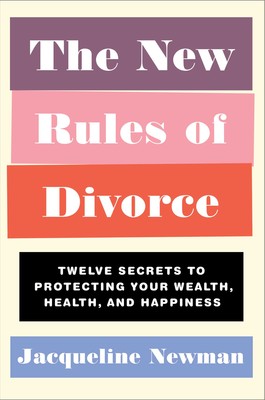January is ‘divorce month’ — a lawyer and a psychotherapist break down the top signs a marriage is about to dissolve
Originally printed in Business Insider by Shana Lebowitz
- January is typically the month when divorce filings begin to spike.
- 2018 may be an especially popular year for divorce because of impending changes to US tax policy.
- We spoke to a divorce lawyer and a psychotherapist about the top signs that a marriage is heading for disaster. Those signs include: You’ve stopped talking, you’re fighting over money, and your expectations for marriage aren’t being met.
It’s divorce season.
The opposite of December’s engagement season, divorce filings begin to spike in January, peaking in February and March.
It’s not the gloomy weather that does couples in. Typically, it’s the post-holiday jolt back to reality that has them questioning their future together.
“What I find is that most people in December want to get through the holidays. Nobody wants a divorce summons put into their stocking,” Jacqueline Newman, a managing partner at a top New York City divorce law firm, told Business Insider.
For couples with kids, it can be especially important to “hold things together” during the holidays, Kathryn Smerling, a New York City-based psychotherapist who helps couples going through divorce, told Business Insider. That’s true, Smerling said, even if kids are well aware that something’s going on between Mom and Dad.
But once the holiday glow has waned and spouses settle back into old habits, many people flock to Newman’s office to get a better idea of what a divorce would look like. She calls it “keeping your options open” month.
“They want to be able to be in a position to make an educated decision,” Newman said. “They come in and they say, ‘What would happen with my kids? What would it look like financially?’ It’s the information-gathering stage.”
From there, clients are able to digest the practical sides of a split, and many return in February and March ready to commit to the decision. But not every person who consults an attorney ends up actually filing for divorce.
“One of the first questions I ask clients is, ‘Are you sure you want to get divorced?'” Newman said. “Because I suggest trying everything you can before you come into my office because you never want to look back. Divorce is financially expensive, emotionally expensive, and you have to make sure that this is exactly the choice that you want to make.”
The numbers look different for every couple, but Newman said a typical divorce in Manhattan might cost between $20,000 and hundreds of thousands.
Across the US, the next 12 months may be a more popular time than ever for couples to get divorced.
That’s because under the new tax plan recently passed by Congress, alimony payments are no longer tax-deductible. That particular change takes effect January 2019, so couples may rush to get their divorce finalized before then.
It’s unclear exactly how this change in the tax policy will affect every divorcing couple. But Newman said that ultimately, there may be “less money in the pot to split” between ex-spouses.
So how can you tell if you and your partner are on the precipice of a permanent split?
While there are no hard and fast rules — by no means do any of these indicators guarantee you’re destined for divorce — there are a few signs that could indicate you’re in troubled waters.
Buy Jacqueline's Book
The New Rules of Divorce is the definitive guide to navigating divorce in today’s world.
